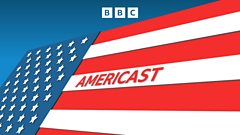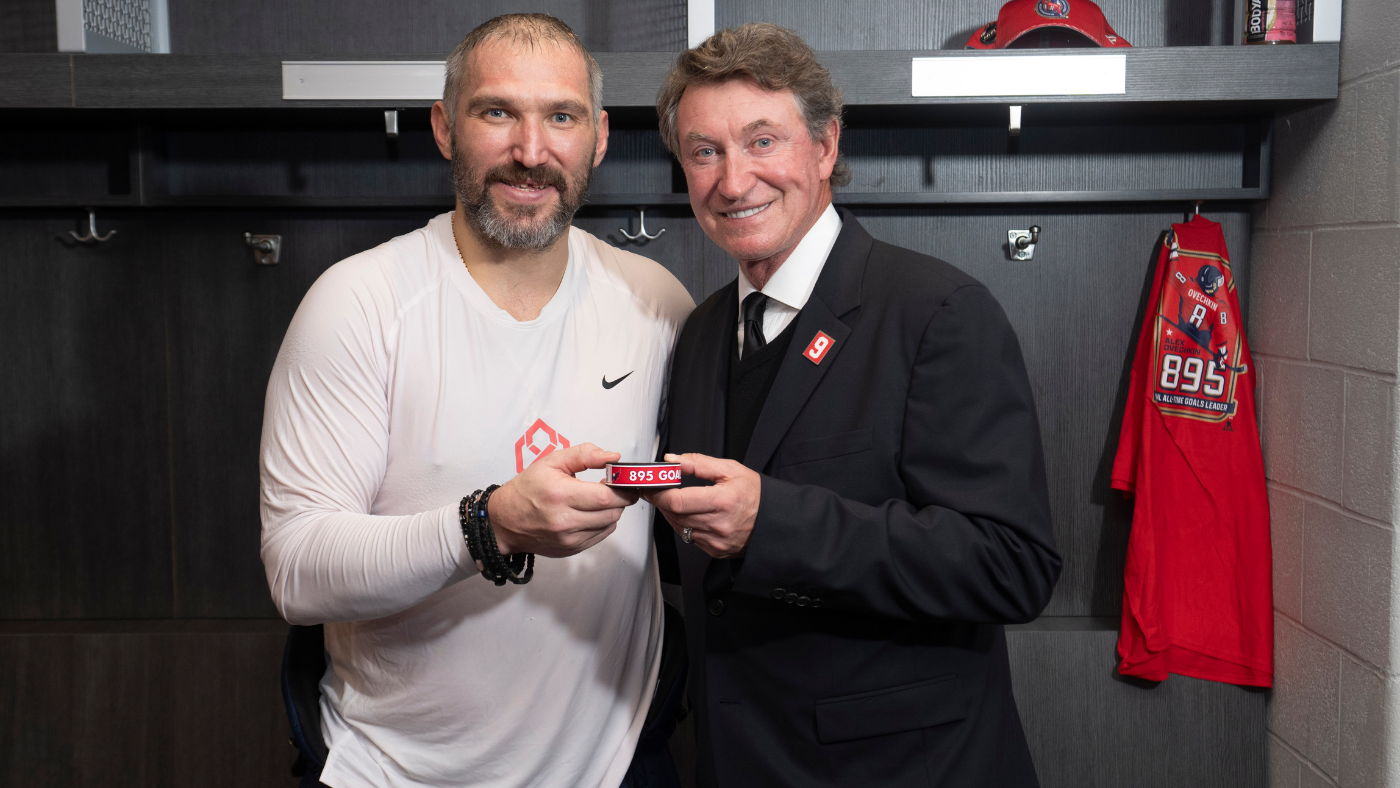Their rhetoric is replete with references to nation and country, but the one thing among many that Presidents Trump and Vladimir Putin don’t understand at all is the actual power of nationalism and patriotism. And it’s perfectly clear why.
Both are empire builders who believe they have a sacred duty to expand the borders of their realms — regardless of what anybody might say, do or think.
Putin aspires to revive the Soviet Russian empire, including all 14 non-Russian republics and as many of the East European countries as he can gather in. Trump, meanwhile, hopes to annex Canada, Greenland, the Panama Canal and even the Gaza Strip.
As Putin saw it, Moldova, Georgia, Belarus and Ukraine appeared ripe for the taking. After all, the Belarusians and Ukrainians are really Russians, as Putin and his subalterns have repeatedly claimed, while Moldova and Georgia were too small to resist.
Trump’s logic is similar. The Canadians are really Americans. And Greenland, Denmark, Panama and Gaza are too weak to say no to the American behemoth.
Putin expected his invasion of Ukraine and his hegemony over Belarus to be a cakewalk. Instead, the war against Ukraine has been a disaster for Russia's army, economy and people. Even Alexander Lukashenko, Belarus’s wily leader, has cleverly managed to retain more breathing room than Putin would have wished.
Trump appears to have similar expectations regarding his imperial targets. Like Putin, he will discover that empire building in the age of nationalism and patriotism is no easy task.
Moldova has resisted total annexation by Russia for three decades, as has Georgia. Belarus retains a surprising level of semi-sovereignty, most clearly shown by Lukashenko’s refusal to get directly involved in Putin’s genocidal war against Ukraine.
And Ukraine, which was supposed to have been captured in a few weeks, has successfully resisted Russian imperial aggression for many reasons, the most important being that Ukrainians have responded to his invasion by becoming full-fledged nationalists and patriots. They believe that their nation deserves to have its own sovereign state and they have come to love their country.
Canadians, Greenlanders, Danes, Panamanians and Palestinians in Gaza have reacted in precisely the same way. Canadians and Greeenlanders in particular have almost universally rallied around their flag and country and are determined to resist Trump’s aggression. They too have become ardent nationalists and patriots.
Putin and Trump don’t “get” nationalism. They don’t understand that the desire for independent nation-statehood has defined modernity since at least the American and French Revolutions.
Nor do they get nation, country and patriotism. Nations have arguably existed since ancient times (the Israelites were surely a nation by any definition), whereas country and love of country are at least as old as the Latin word “patria” and the Biblical Promised Land.
Like it or not, the world is divided into nations, most of which aspire to independent statehood, and into countries, which always manage to elicit the emotional support of their countrymen and women. Like it or not, nationalism and patriotism rule the day.
As imperialists with imagined divine mandates, Putin and Trump don’t see any value in the existence of other nations and countries; only their own matter. As a result, they regard resistance to their imperial schemes as temporary aberrations that need not be heeded.
Such a dismissive attitude may have worked during the age of European imperialism in the 19th century, but it is doomed to failure in the 21st. For one thing, just about everybody is a nationalist and patriot today, usually without even being aware of it. Persuading the world that it’s ...













